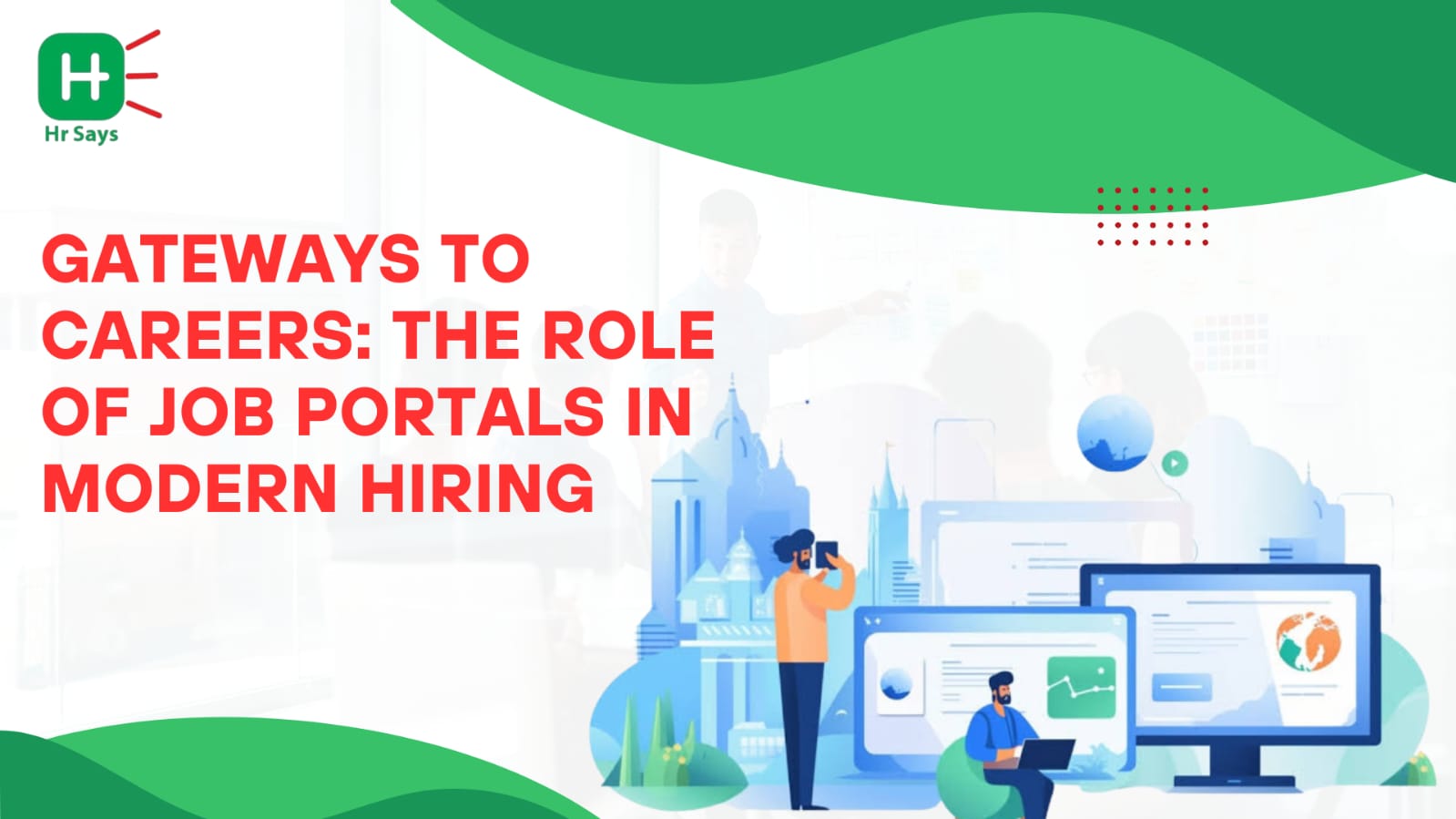What is the most common way to some people are getting their dream job today? The solution can be found in a click on a job portal. The current recruiting has turned into online recruitment instead of class-based advertisements and networking. Such portals have proved to be a communication medium between employers and job holders in real time.
Evolution of Hiring Platforms
The recruitment linkage has gone through an exceptional change in the past twenty years or so. A digital marketplace has emerged and it is spread throughout the world in newspaper advertisements. Online employment platforms have emerged in the limelight due to their speed, efficiency and reach when compared to their predecessors.
Why Job Portals Matter Today
At their core, job portals are more than just vacancy boards. They are structured systems that simplify hiring for companies and job hunting for professionals.
For Employers
Recruiters find portals helpful because:
● Resumes can be filtered with specific criteria.
● Talent pools can be accessed instantly.
● Automated tools reduce screening time.
For Job Seekers
Candidates turn to portals because:
● Opportunities are updated daily.
● Profiles can be customized for visibility.
● Alerts ensure no chance is missed.
Impact on Recruitment Practices
The influence of job portals is seen in how hiring is now conducted. Recruitment cycles are
shorter. Talent sourcing has become data-driven. Even small businesses can connect with
skilled professionals across borders. However, the ease also brings challenges. With a flood of
applicants, quality control becomes vital.
Benefits and Drawbacks
Every system carries both advantages and limitations. Job portals are no different.
Benefits
● Quick access to a wide range of opportunities.
● Advanced search filters for both employers and job seekers.
● Enhanced networking through recommendations.
Drawbacks
● Overcrowding of applicants leading to missed opportunities.
● Generic applications reducing personal touch.
● Dependence on algorithms that may overlook potential.
The Human Side of Digital Hiring
Despite technology’s role, human judgment remains irreplaceable. Portals provide the stage, but
the final decision depends on people. Interviews, interactions, and instincts continue to shape
outcomes. Technology supports, but it cannot replace the personal element of hiring.
Conclusion
Job portals have become essential in today’s hiring ecosystem. They provide accessibility,
speed, and choice. Yet, they also create challenges of overdependence and impersonal
processes. The balance lies in using these platforms wisely while remembering that hiring remains a human-centered process.

 Job portals have reshaped modern hiring by bridging the gap between recruiters and job seekers. They offer speed, reach, and convenience, yet bring challenges of overcrowding and reduced personal touch. Their role remains vital but requires balanced use.
Job portals have reshaped modern hiring by bridging the gap between recruiters and job seekers. They offer speed, reach, and convenience, yet bring challenges of overcrowding and reduced personal touch. Their role remains vital but requires balanced use.








.jpeg)
.jpeg)

.jpeg)





.jpeg)



.jpeg)

.jpeg)



